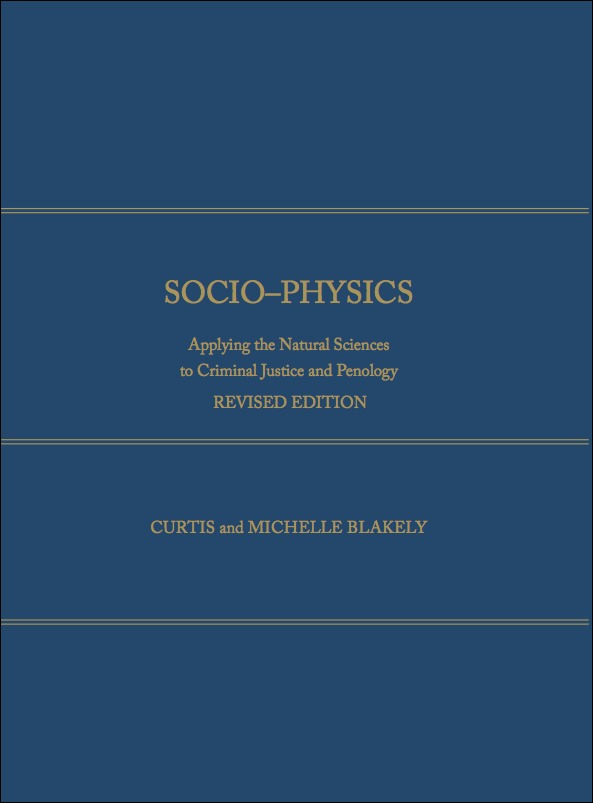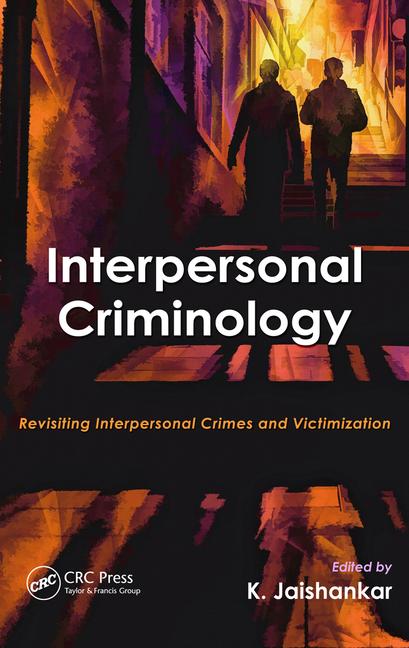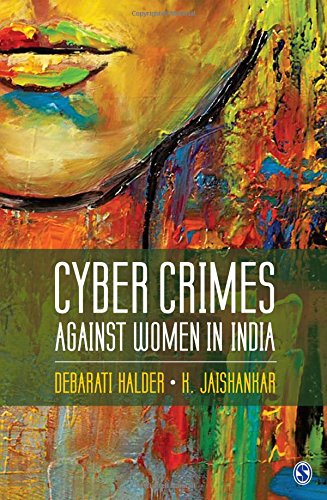Mediation and Domestic Violence: Theoretical Reflection on the Polish Background
Abstract:
The use of mediation in criminal cases involving domestic violence is the subject of controversy. The United Nations Department of Economic and Social Affairs even suggests that mediation should be prohibited in such cases. Domestic violence is defined as a pattern of behavior designed to control an intimate partner, and consequently, the trust, good faith and transparency necessary for mediation are likely to be missing. On the other hand, supporters of restorative justice point to the beneficial effects of properly conducted mediation on the relationship between the parties, psychological strengthening of the victim and rehabilitation of the perpetrator. In this article, we present the advantages and disadvantages of mediation in cases of domestic violence. We come to the conclusion that, in general, mediation in such matters should be allowed, although it bears certain risks and requires mindfulness. The risk is dramatically higher when domestic violence affects a child. The relative admissibility of mediation in cases of domestic violence should not automatically include situations in which a child is a victim. In cases where a child becomes victim to domestic violence, mediation should in fact be forbidden. Even if the regulations do not expressly provide for such a prohibition, we attempt to show in this article that mediation with a battered child is unacceptable.
Keyword:
Domestic Violence, Mediation in Criminal Cases, Restorative Justice, VictimOffender Mediation, Violence Against Children, Violence Against Women.



